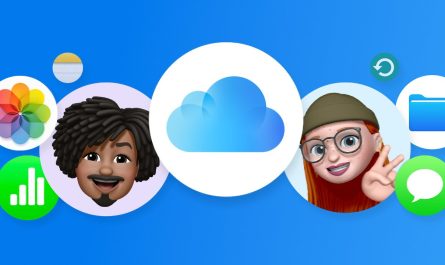Apple has received rare praise from a leading rights advocacy group for incorporating important new privacy enhancing features in its recently released iOS 6 operating system.
In a blog post on Monday, the Center for Democracy and Technology (CDT) said the changes give iOS device users substantially more control over their private data while setting the bar for others to follow.
“CDT applauds Apple’s decision to incorporate these substantial pro-privacy elements into iOS 6, allowing users to finely control how their data gets shared with specific apps, and to more easily express a desire not to be tracked by marketers,” the CDT said. “We hope that this effort encourages mobile OS vendors to continue to iterate and compete on built-in privacy controls.”
Apple released iOS 6 for the iPhone and iPad on Sept 19. Much of the attention in the days following the release of the operating system was consumed by the controversy over Apple’s botched new Maps application in iOS 6. The outcry over the application prompted Apple CEO Tim Cook to issue a rare public apology.
The attention paid to the Maps misstep has obscured the many major privacy changes that Apple has implemented in the new version if its mobile operating system, Joseph Lorenzo Hall, CDT’s senior technology analyst and co-author of the blog post said today,
One of the most important changes is the introduction of a new Privacy tab that allows users to determine which applications have access to the device’s location data, contact information, calendar, reminders and Bluetooth, Hall said. The settings allow users to exert far more granular control over application behavior than was possible previously, he said.
“It lets users understand that there are different classes of things that applications are going to want to access,” and lets them decide whether to grant an application that access or not, he said.
A new Limit Ad Tracking feature is another important privacy enhancement on the iOS 6, Hall said, When users enable the feature, they are basically letting mobile applications know that they do not want to be tracked. All applications that run on the iOS 6 will need to check the setting first before attempting to collect any kind of tracking data. If the limit tracking feature is enabled, advertisers and online ad network will only be allowed to collect only a narrow set of data related issues such as security, debugging and keeping a tally of unique users, he aid.
Wth iOS 6 Apple has also completely eliminated its controversial Universal Device IDs (UDID) and replaced it with a more privacy-friendly way for application vendors and advertisers to identify specific devices, Hall said,
Apple’s UDIDs are basically a set of alphanumeric characters that are used to uniquely identify an iPhone or iPad. The numbers are designed to let application developers track how many users have downloaded their application and to gather other information for data analytics.
In 2010, The Wall Street Journal did an investigative report showing how application developers were using Apple’s UDID to gather a lot of personal information about the device owner, including name, age, gender, device location and phone numbers. In response to concerns about the tracking, Apple earlier this year stopped allowing new iOS applications to track UDIDs.
With the new iOS 6 the company has gone one step further by eliminating UDIDs completely and replace with a set of three new devie identifiers. One is a vendor specific identifier that can be used by application vendors to recognize specific devices, another is designed for use by online advertisers and the third is an application-specific ID. Unlike UDID’s, the new identifiers are not persistent and can be cleared, though the device has to be completely reset to get rid of the advertiser identities, Hall said.
